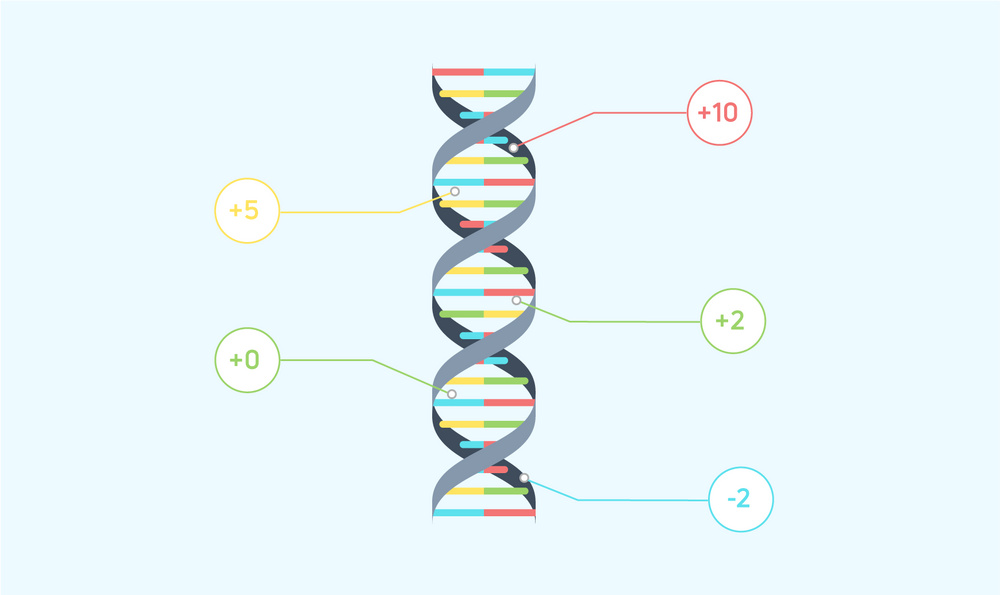-
What is biological age?
Find Out Your Biological AgeBiological age measures how well your body is functioning relative to your actual age. Unlike chronological age, which is simply the number of years you've been alive, biological age takes into account various factors such as genetics, lifestyle, diet, exercise, and overall health. This means that your biological age can be younger or older than your chronological age, depending on how well you take care of your body.

-
What causes aging?
As we age, our cells undergo gradual changes that affect their function and structure. On a cellular level, aging is characterized by the accumulation of damage to DNA, proteins, and other essential molecules. Over time, cells lose their ability to repair this damage efficiently, leading to the decline of cellular functions. Additionally, the processes of autophagy and cellular renewal slow down, resulting in the buildup of dysfunctional cells and a decrease in the body’s regenerative capacity. These cellular changes contribute to the visible signs of aging and increase susceptibility to age-related diseases.
-
-
Cellular Health
Take Our Biological Age QuizOur bodies are composed of cells, and as we age, so do our cells. Over time, aging or damaged cells can accumulate dead or toxic materials, increasing the risk of age-related diseases and injuries. Fortunately there are steps we can take to counteract the accumulation of damaged cellular debris.
The human body is able to break down and recycle unnecessary or damaged cell components. This renewal process is called autophagy. Autophagy keeps our cells young and protects us from many diseases. Many scientific studies show that autophagy stagnates as we age. It’s a development we can easily counteract, either by fasting or through spermidine supplementation.
